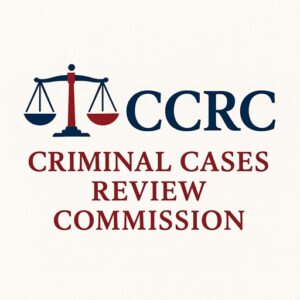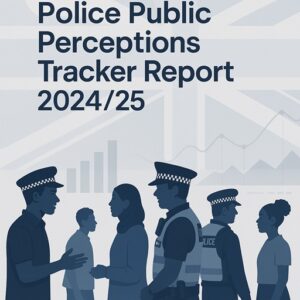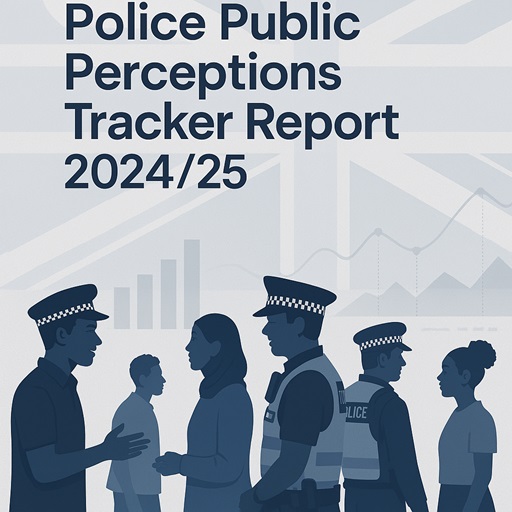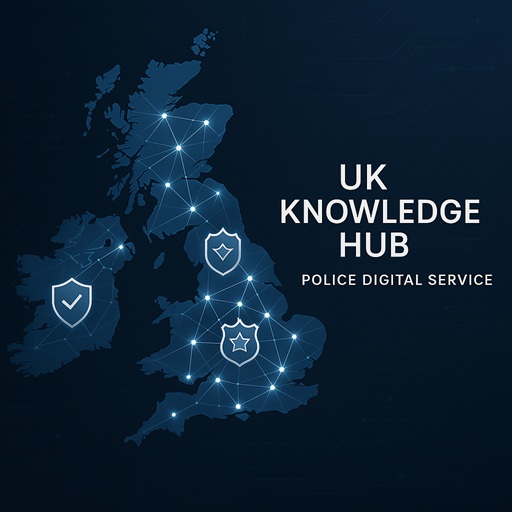The performance by Bob Vylan at Glastonbury 2025, where frontman Bobby Vylan (reportedly Pascal Robinson-Foster) led chants of “death, death to the IDF” and “from the river to the sea, Palestine will be free,” has prompted an investigation by Avon and Somerset Police to determine if any criminal offences were committed.
In any investigation by the police, it is vitally important that there should no suggestion of two tier policing or two tier justice.
His Honour Judge Melbourne Inman KC (The Recorder of Birmingham and The High Court Judge that never was) sentenced Lucy Connolly at Birmingham Crown Court to two years and seven months in prison for publishing written material that incited racial hatred.
Can you email a judge such as the Lady Chief Justice of England and Wales about a dishonest judge such as HHJ Melbourne Inman ?
Potential Offenses Under UK Law
- Incitement to Racial or Religious Hatred (Public Order Act 1986, Section 18)
- Description: This section makes it an offense to use threatening, abusive, or insulting words or behaviour with the intent to stir up racial or religious hatred, or where such hatred is likely to be stirred up. The maximum penalty is seven years in prison.
- Relevance to Bob Vylan: UK Lawyers for Israel (UKLI) have suggested that Bobby Vylan’s chants, particularly “death, death to the IDF,” may breach this section by causing harassment, alarm, or distress and potentially stirring up racial or religious hatred, given the reference to the Israeli Defense Forces (IDF). The phrase “from the river to the sea” is contentious, with some interpreting it as a call for the elimination of Israel, which could be seen as targeting Jewish self-determination or inciting hatred against Jewish people. However, others argue it is a call for Palestinian liberation, and its interpretation depends heavily on context.
- Analysis: For a conviction, prosecutors must prove intent to stir up hatred or that hatred was likely to result. The performance context—a music festival with a politically charged atmosphere—may complicate proving intent, as artistic expression often enjoys some legal protection. However, the explicit call for “death” to a specific group (the IDF) could be seen as crossing into threatening language, especially if interpreted as targeting Israeli nationals or Jewish people broadly. The lack of immediate violence following the performance might weaken the case for “likelihood” of hatred being stirred up, but public reaction and the broadcast’s reach could be considered aggravating factors.
- Incitement to Violence (Common Law or Public Order Act 1986, Section 4)
- Description: Incitement to violence is an offense under common law or Section 4 of the Public Order Act, which addresses threatening or abusive behaviour intended to cause fear of violence or provoke immediate unlawful violence. The maximum penalty under Section 4 is six months in prison.
- Relevance to Bob Vylan: Bobby Vylan’s statement, “We are the violent punks, because sometimes you have to get your message across with violence because that is the only language some people speak,” alongside the “death to the IDF” chant, has been cited as potential incitement to violence. Shadow Home Secretary Chris Philp and former Home Secretary Baroness Smith have argued that the chant constitutes incitement, with Philp calling for prosecution.
- Analysis: The threshold for incitement requires a clear intention to provoke violence and a likelihood of it occurring. The chant’s violent imagery could be interpreted as incitement, particularly in a charged political context. However, the festival setting, where provocative rhetoric is common in punk performances, and the absence of immediate violence may suggest the statement was performative rather than a direct call to action. Bobby Vylan’s broader comments about using violence to communicate could be scrutinised, but artistic expression and political protest often blur legal lines, making prosecution challenging without evidence of specific intent or immediate harm.
- Causing Harassment, Alarm, or Distress (Public Order Act 1986, Section 5)
- Description: This section criminalises threatening or abusive words or behaviour within the hearing or sight of a person likely to be caused harassment, alarm, or distress. It carries a fine as the maximum penalty.
- Relevance to Bob Vylan: UKLI has claimed that the chant “death, death to the IDF” could breach Section 5 by causing distress to audience members or viewers, particularly those who identify with Israel or the Jewish community.
- Analysis: This offense has a lower threshold than Section 18, as it does not require intent to stir up hatred, only that the behaviour was threatening or abusive and likely to cause distress. The chant’s explicit call for “death” could meet this threshold, especially given its broadcast to a wide audience. However, the festival context and Bob Vylan’s history of provocative performances (e.g., addressing racism and political issues) might frame the chant as artistic or political expression, potentially protected under free speech principles. The subjective nature of “distress” makes this offense plausible but less severe.
- Broadcasting Material Stirring Up Racial Hatred (Public Order Act 1986, Section 22)
- Description: This section makes it an offense for a broadcaster to transmit material that is likely to stir up racial hatred, particularly if it was reasonably practicable to remove the content before broadcast. The maximum penalty is seven years in prison.
- Relevance to Bob Vylan and the BBC: The BBC’s live broadcast of Bob Vylan’s performance has been criticised for potentially breaching this section, as the chant was aired without being cut. UKLI and former BBC Director Danny Cohen have argued that the BBC’s failure to intervene constitutes a criminal offense, especially given prior antisemitism training for staff.
- Analysis: While this offense primarily applies to the BBC, it indirectly implicates Bob Vylan as the source of the content. The BBC issued an on-screen warning about “very strong and discriminatory language” during the livestream, suggesting awareness of the content’s potential impact. However, the decision to continue broadcasting for over 40 minutes before removing the performance from iPlayer could be seen as a failure to exercise due diligence. For Bob Vylan, this offense would only apply if they were complicit in ensuring the broadcast, which seems unlikely. The focus here is more on the BBC’s editorial decisions than the band’s actions.
Additional Context and Considerations
- Police Investigation: Avon and Somerset Police are reviewing video footage to assess whether any offenses were committed. This indicates that no charges have been filed as of June 30, 2025, and the investigation is ongoing. The police’s focus is on both Bob Vylan’s and Kneecap’s performances, suggesting a broader scrutiny of politically charged acts at Glastonbury.
- Political and Public Reaction: The performance has drawn condemnation from Prime Minister Keir Starmer, Culture Secretary Lisa Nandy, and Conservative leader Kemi Badenoch, who labeled it “grotesque” and “hate speech.” The Israeli Embassy criticised the chants as advocating for the dismantling of Israel, raising concerns about normalising extremist language. Conversely, civil liberties groups have warned that prosecuting such performances risks blurring the line between censorship and accountability, highlighting the tension between free speech and hate speech laws.
- Festival and BBC Response: Glastonbury organisers, including Emily Eavis, condemned the chants as “appalling” and emphasised that they do not endorse performers’ views. The BBC removed the performance from iPlayer and issued a statement calling the comments “deeply offensive,” but faced criticism for not cutting the live feed sooner.
- Bob Vylan’s Statement: Bobby Vylan (reportedly Pascal Robinson-Foster) stood by his comments in a social media post, framing them as a call for a change in foreign policy and expressing solidarity with Palestinians. He acknowledged receiving both support and hatred but did not retract his statements.
- Context of the Performance: Bob Vylan’s set included a screen displaying “Free Palestine – United Nations have called it a genocide – the BBC calls it a ‘conflict,’” reflecting their broader critique of26 of UK and US foreign policy. Their punk-rap style often involves provocative political commentary, which may argue for the chants being artistic expression.
Critical Perspective
The case highlights a tension between free speech, artistic expression, and legal boundaries around hate speech and incitement. UK hate speech laws, particularly under the Public Order Act, are designed to prevent harm but can be vague, leading to debates about their application to political or artistic statements. The phrase “from the river to the sea” is particularly contentious—interpreted by some as a legitimate call for Palestinian rights and by others as antisemitic or genocidal. The legal outcome may hinge on whether the chants are deemed to target a racial or religious group (e.g., Jewish people) or a military institution (the IDF), as well as the intent and context of the performance.
The BBC’s role raises questions about media responsibility. The broadcaster’s failure to cut the feed, despite prior antisemitism training, suggests a lapse in editorial judgment, but prosecuting a broadcaster for live content is rare and would require clear evidence of intent or negligence. The broader political context—intense public and governmental scrutiny of Israel-Palestine rhetoric—may amplify the case’s visibility but also risks politicising legal enforcement, potentially chilling free expression at cultural events like Glastonbury.
Conclusion
Bob Vylan’s performance may potentially breach Sections 5, 18, or 4 of the Public Order Act 1986, depending on interpretations of intent, context, and impact. The “death to the IDF” chant is the most likely basis for any charges due to its explicit violent imagery, though proving incitement or hatred in a festival setting is challenging. The ongoing police assessment suggests no immediate charges, and any prosecution would need to balance legal thresholds with free speech considerations. The BBC faces separate scrutiny under Section 22, but this is less directly tied to Bob Vylan’s actions.
Other legislation may also apply and be considered by the Avon and Somerset Police and the Crown Prosecution Service (CPS).
Image of Bobby Vylan – Yui Mok/PA
Check out our articles on the Foul and Absuive Language, Justice System, Open Justice, Rule of Law, R v Sussex Justices, Victims’ Right to Review, Litigants in Person, McKenzie Friend, Do you Have to Bow to a Judge ?, Can you Email a Judge ?, Can you Criticise a Judge ? and the highly dubious Sussex Family Justice Board.
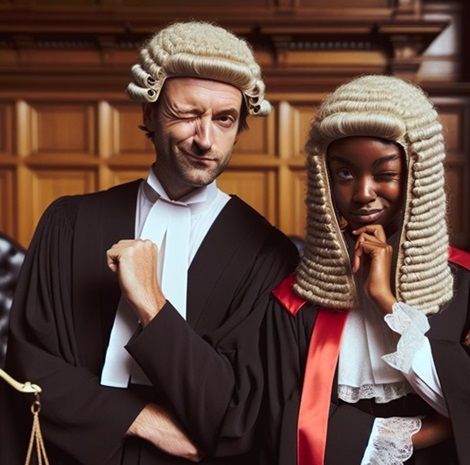

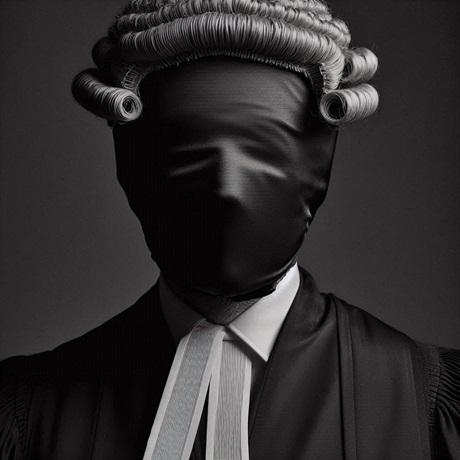
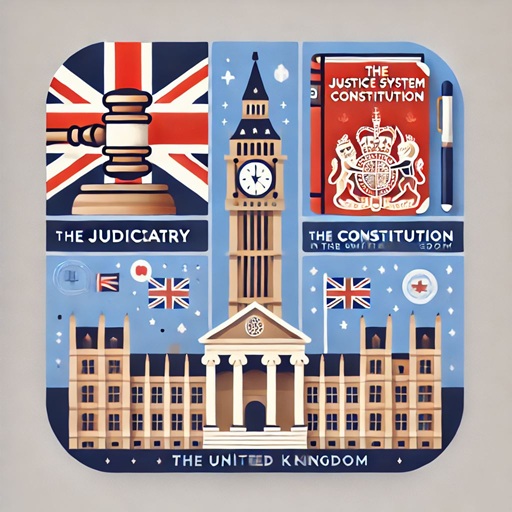

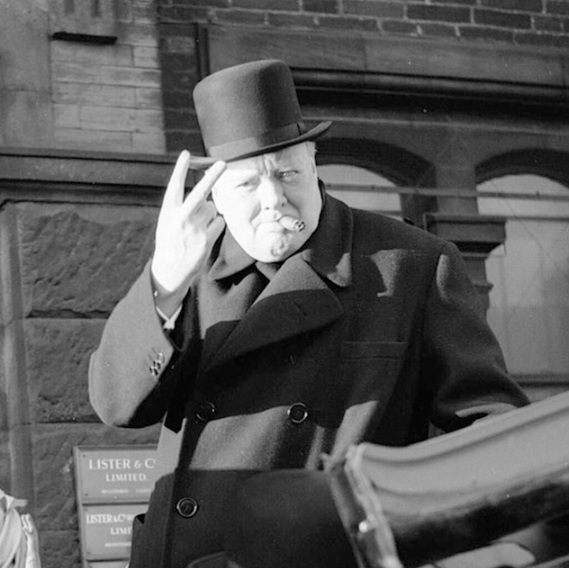
The Ministry of Injustice is not the Ministry of Justice nor is it affiliated in any way with the justice system, legal profession or any law enforcement agencies.
Most Popular ↓

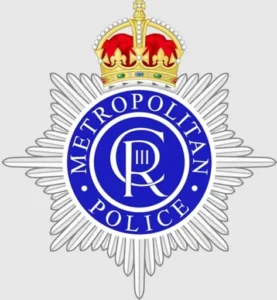


What is Policing by Consent ? What is Two Tier Policing ?
Latest Articles ↓
- What is the Forensic Science Regulator ?Forensic science is a cornerstone of modern criminal justice, providing critical evidence that can make or break a case. However, the reliability and accuracy of… Read more: What is the Forensic Science Regulator ?
- What is the Criminal Cases Review Commission ?The Criminal Cases Review Commission (CCRC) stands as a vital institution within the criminal justice system, dedicated to investigating potential miscarriages of justice. Established in… Read more: What is the Criminal Cases Review Commission ?
- Did Bobby Vylan and the BBC break the law at Glastonbury 2025 ?The performance by Bob Vylan at Glastonbury 2025, where frontman Bobby Vylan (reportedly Pascal Robinson-Foster) led chants of “death, death to the IDF” and “from… Read more: Did Bobby Vylan and the BBC break the law at Glastonbury 2025 ?
- Police Public Confidence and EngagementThe Independent Office for Police Conduct (IOPC) undertake regular surveys to assess the public’s perceptions of the police, as well as their confidence in the… Read more: Police Public Confidence and Engagement
All Articles can be found in the Legal Blog or Sitemap.
You should always seek formal legal advice from a qualified and reputable lawyer (solicitor or barrister).
‘Justice delayed is justice denied’
William Ewart Gladstone
There are a number of links to Free and Paid For Legal Resources and Legal Organisations on the Free Legal Advice , Legal Aid and Pro Bono pages.


